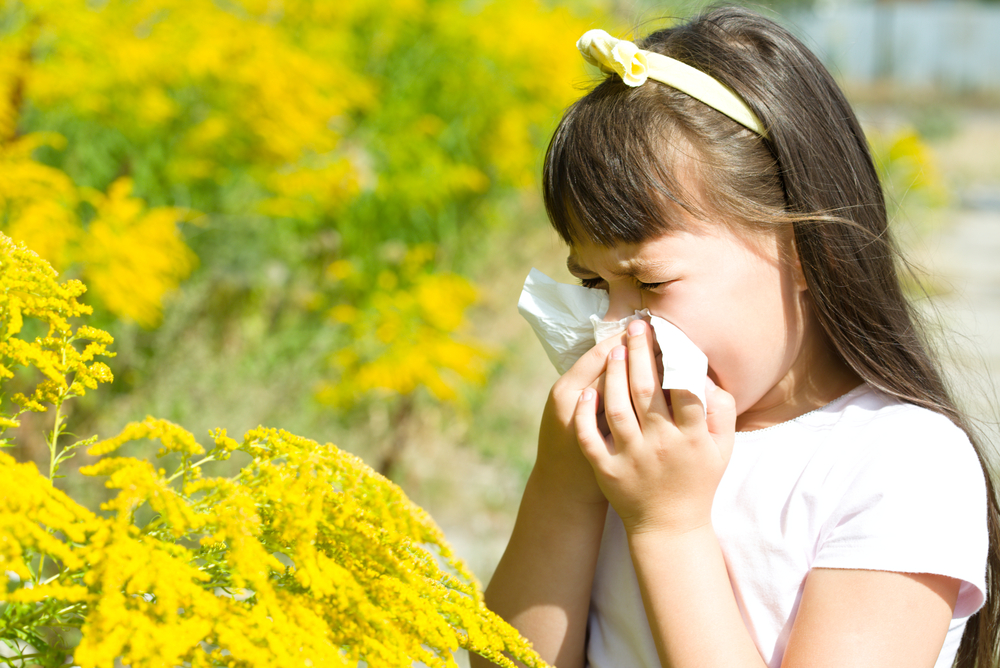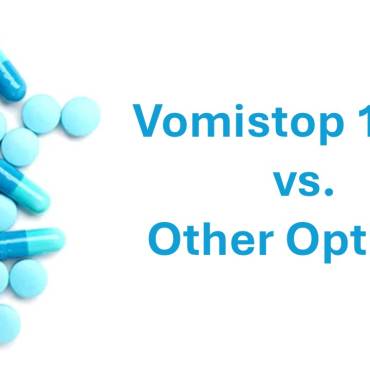According to a research study, babies may develop some allergies while still in the womb. Is there anything pregnant ladies can do to lower the risk? Read the complete article to know more about it.
Do allergies develop in the womb of expectant?
According to research data, it has been estimated that different types of allergies affect around 40% of children in the United States of America. The cases of allergic diseases have increased dramatically over the past 25 years, but the nature of the epidemic has changed. The prevalence of environmental allergies that make almost all of us sneeze and wheeze at some point in our lives have leveled off after rising off for several years. The cases of food allergies have been doubled in the last few years. Research studies have shown that allergies run in families, genetics cannot explain the reasons behind the allergies.

Many ideas have been introduced to explain the allergic reactions.
- One of them was global warming, as the planet is getting too hot and making for longer pollen seasons.
- Air pollution has increased
- Crops are heavily fertilized
- Food is over processed or genetically modified
- We take too many antibiotic medications
These are relevant, but the proof is still lacking.
Expectant mothers can modify their diets or take supplements to limit the development of allergies. According to the studies, infants with a sibling or at least one parent who has an allergic reaction are more likely to develop allergic diseases. Experts agreed that genetics could play a significant role in whether a child has hay fever, eczema, or asthma.
According to the research, around six million children under the age of 18, one in thirteen kids have food allergies, and about 30% of them are allergic to more than one food.
Prevention of allergies during pregnancy
What can a pregnant woman do, to lower the chance of her child developing allergies? Some of the preventive measures are given below:
- Diet changes can be a good choice to take a step forward towards prevention of allergies in the fetus.
- Though there are no current specific recommendations that an expectant mother can take to prevent allergies in an unborn child, most of the people prefer having a well-balanced diet during pregnancy and lactation as-specific restriction of an allergen have not been shown to prevent the development of allergic diseases in future.
- Some studies suggest that avoiding certain foods during pregnancy may increase the risk of allergies in infants. Women should maintain a healthy diet, but there have been no clinical trials that show that diet plays a role in preventing allergies.
- However, there is some evidence that a nutritious diet containing healthy fats may help.
- There have been inconclusive evidence that using probiotics reduce the risk of allergic rashes.
- Also, there are allergic treatments available which can be taken into consideration in order to allergic symptoms and signs in babies.
Research conducted to determine the cause of allergies in the mother’s womb, revealed that factors such as maternal cigarette smoking, excessive alcohol consumption, preterm birth, and cesarean delivery in predisposing babies to allergy development in future. It has also been revealed that babies born in an autumn season had a higher risk of having eczema while babies born in the spring season are less likely to develop allergic disease.



